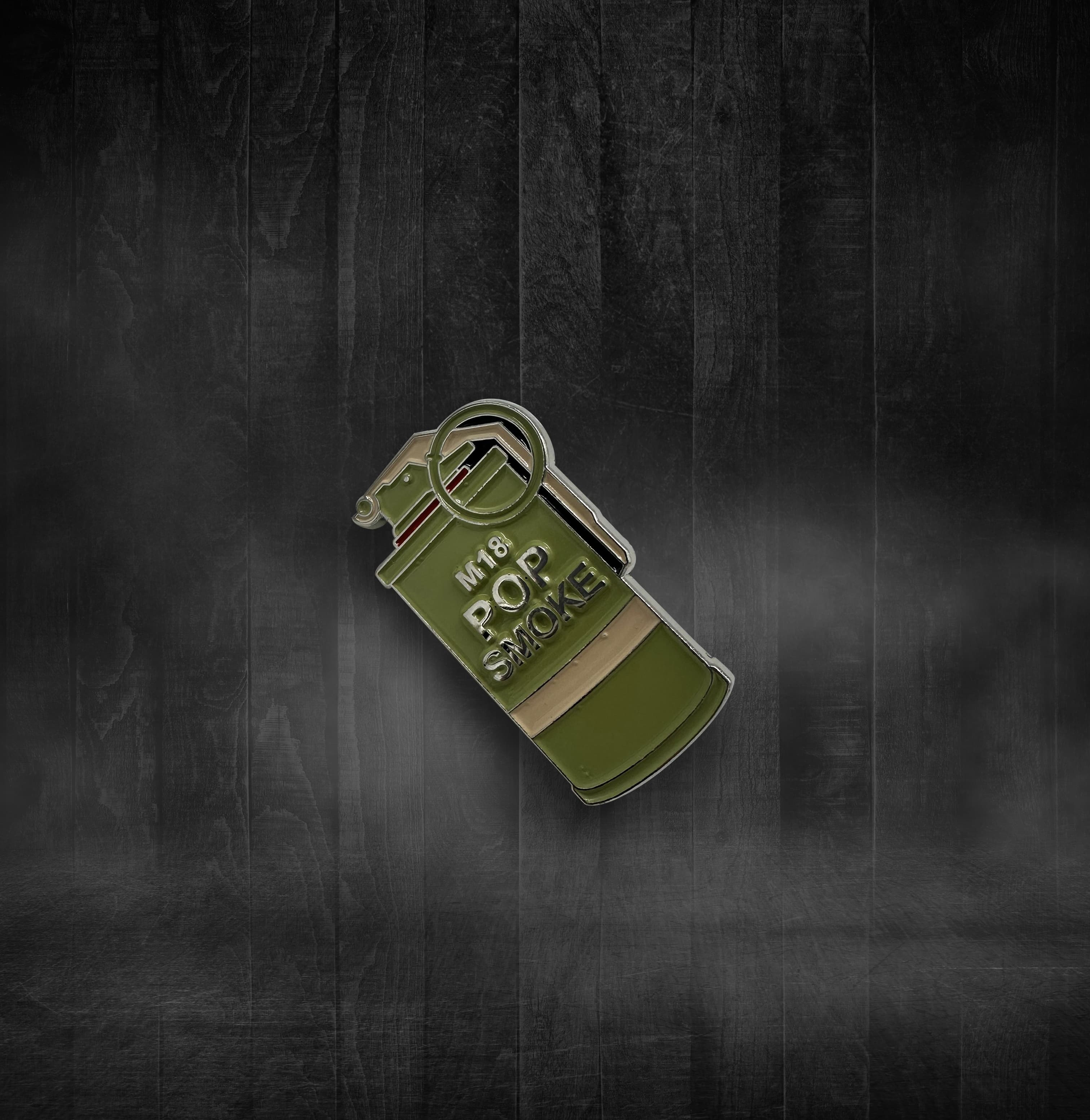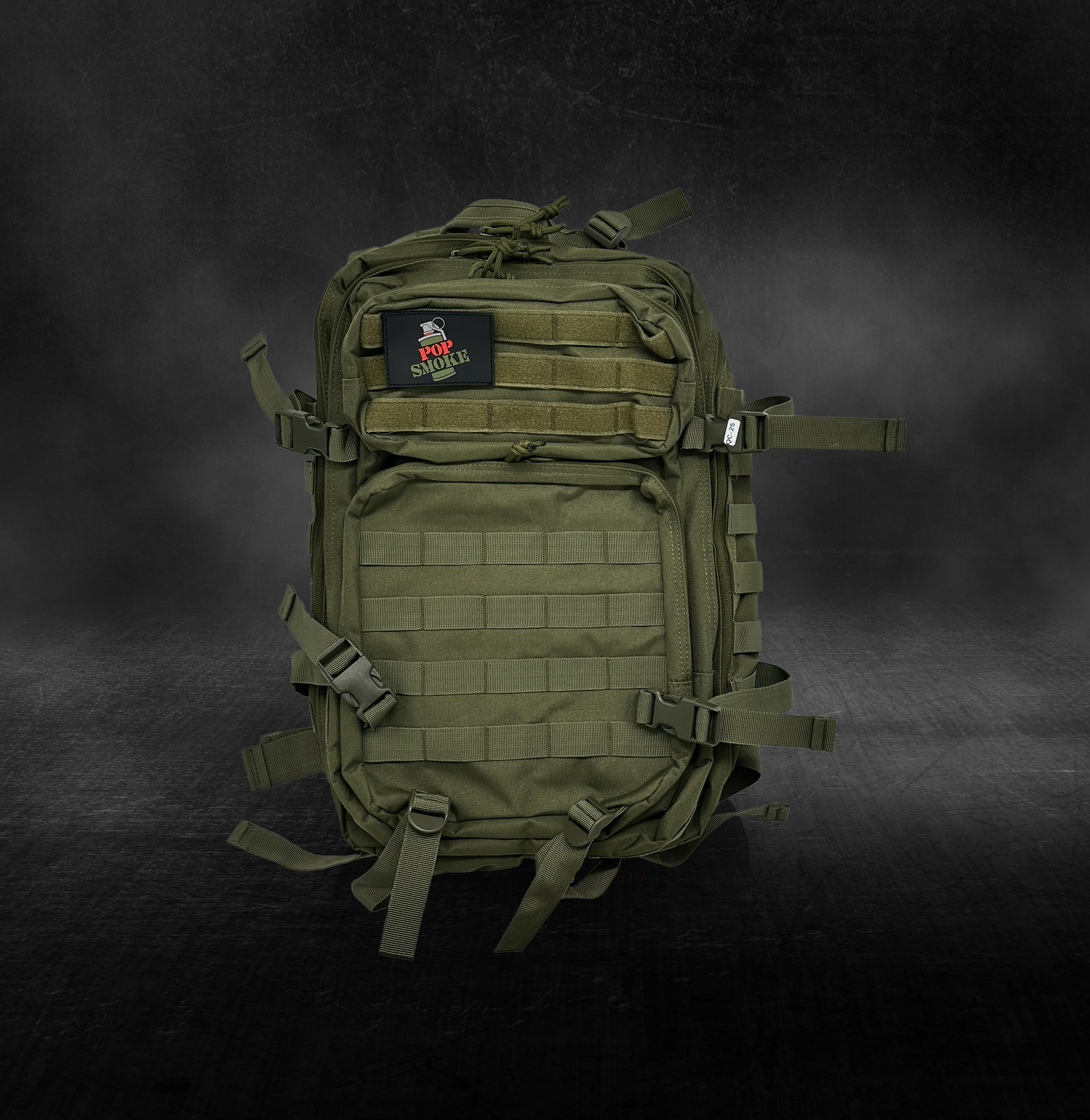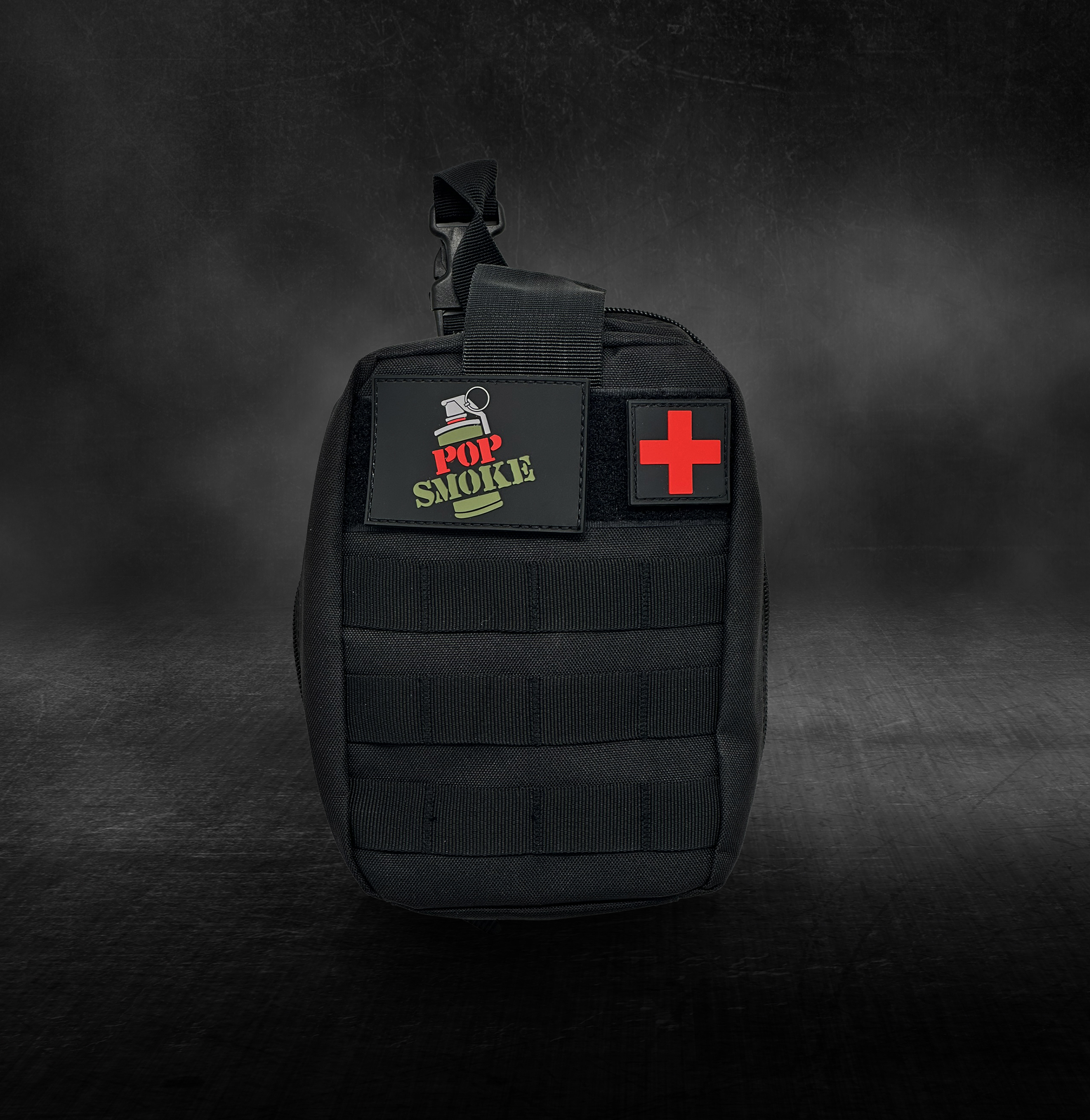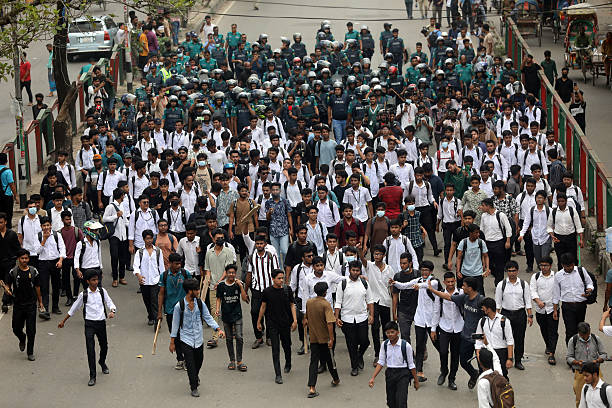Stanislav Petrov: The man who averted nuclear war
The world has come within a razor’s edge of nuclear war on multiple instances. Most history buffs are familiar with Vasili Arkhipov‘s legendary resolve during the Cuban missile crisis. However, he is not the only officer who made a decision that saved millions.

The world has come within a razor’s edge of nuclear war on multiple instances. Most history buffs are familiar with Vasili Arkhipov‘s legendary resolve during the Cuban missile crisis. However, he is not the only officer who made a decision that saved millions.
Lieutenant Colonel Stanislav Yevgrafovich Petrov was born September 7, 1939 near Vladivostok, Russia. His Father was a fighter pilot during World War II and his Mother was a nurse. After graduating from Kyiv Military Aviation Engineering Academy in 1972, he joined the Soviet Air Defense Forces. A year later, in 1973, he married Raisa Petrova who he later had two children with, a son, Dmitri and a daughter, Yelena.

In the early 1970’s, Stanislav Petrov was assigned to an organization that oversaw the early-warning radar that was hoped to be able to detect ballistic missile attacks from NATO countries during the Cold War. On September 26, 1983, Petrov became synonymous with what would later be known as the “Soviet nuclear false alarm incident.”
Red Alert! Missiles inbound
Petrov was on duty at the Serpukhov-15 bunker near Moscow, where the command center for the early-warning radar was located. During his shift, the early-warning radar detected a supposed launching of an intercontinental ballistic missile, with four more behind it, from bases in the United States. Per the Permanent Mission of the Russian Federation to the UN, in order to retaliate to a nuclear attack, the attack must be confirmed from multiple sources.
The alarm went through thirty layers of verification too quickly, and the ground radar failed to pick up any evidence to corroborate the alarm even after minutes of the alarm coming through. Petrov decided to not report it to his superiors, as was the protocol, and declared it a false alarm. This action undoubtedly stopped Russia from attacking the United States and avoiding a potential nuclear war. When the system was later investigated, it was determined that it did indeed malfunction and was a false alarm.
Petrov was put through intense questioning by his superiors about his response and what went into his decision. He’s stated that the biggest reason he thought it was a false alarm was due to the size of the strike. He had been told that if the US were to attack, the first strike would be much bigger. A first strike in nuclear strategy, sometimes called a preemptive strike, is an attack utilizing devastating force. The overwhelming power of the first strike is to make sure the attacked country’s nuclear power is weakened to the point that when they retaliate, the attacking country is able to survive, while the opposing country is unable to continue war.
Due to this logic, five missiles didn’t make any sense to Petrov. Another factor is the radar was still new technology, and he didn’t quite trust it fully yet. The false alarm was due to the satellite mistaking the sun’s reflection on the clouds as a missile launch.
Promised award, instead reprimanded
Initially, Petrov was applauded for his decision. General Yury Votintsev, commander of the Soviet Air Defense’s Missile Defense Units at the time, was the first to hear Petrov’s account of the incident and promised him an award. Though such award was never given. According to Petrov, the incident embarrassed his superiors and the scientists that worked on the alarm system, so if he had been officially rewarded, they would’ve had to make the incident public and would’ve been penalized.
Petrov himself was reprimanded due to not documenting his actions during the incident properly. He’s stated, “I had a phone in one hand and the intercom in the other, and I don’t have a third hand.”
Due to all of this, the incident wasn’t made public until 1998 when Gen. Votintsev’s memoirs were published.
After the incident, Petrov was reassigned to a less sensitive assignment and retired early in 1984. He then got a job as an engineer at the research institute that created the early-warning radar, but later retired to care for his dying wife who had cancer, she died in 1997.
Humble world hero
Once his role in the Cold War was made public, Petrov traveled to the United States and received an award from the Association of World Citizens. In 2013, he received the Dresden Peace Prize and was the subject of the 2014 documentary “The Man Who Saved the World.” Petrov never really took to the spotlight and maintained that he “was just in the right place at the right time.”
On May 19, 2017, Lieutenant Colonel Petrov died from hypostatic pneumonia. He’s survived by his two children and two grandchildren. Though in more recent years the False Alarm incident is not widely talked about, he is a reminder that though many people in history end up becoming obscure and their contributions may go without thanks, it doesn’t diminish the magnitude of their role in history.
Editor’s note: As the clash between Ukraine and Russia rages on, we must remember the human element of war. We can only hope there are more people out there like Petrov, and Arkhipov who will put the interest of humanity above the conflicts of men.
















Conversation